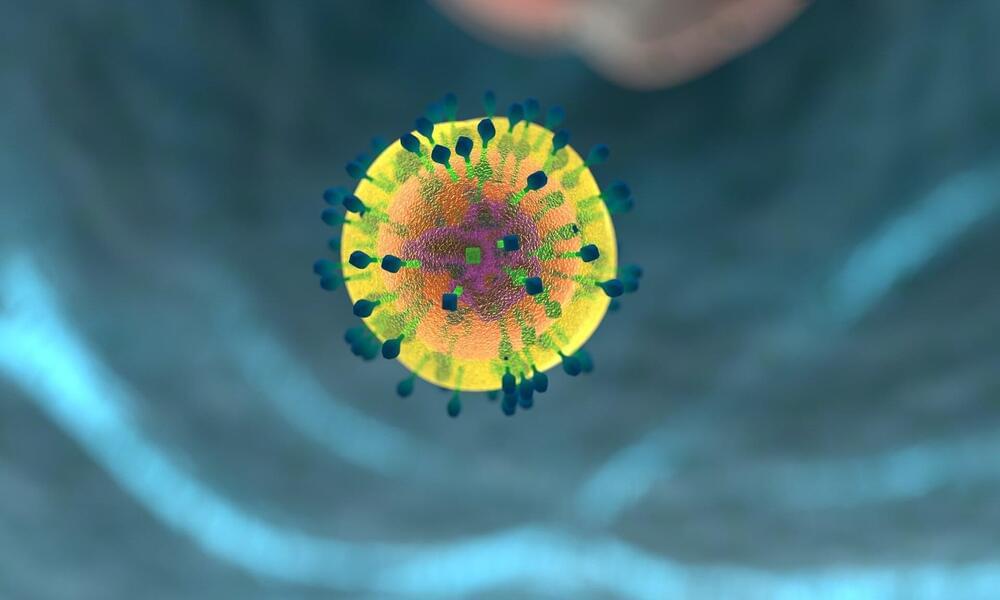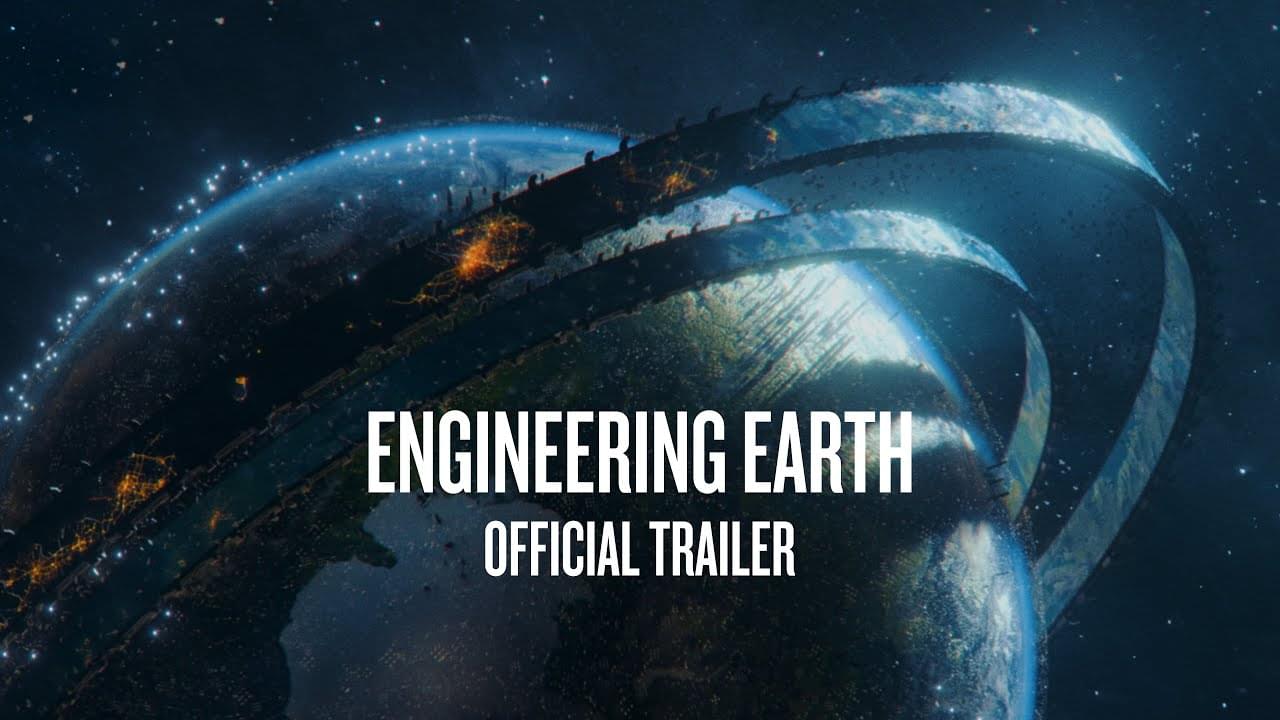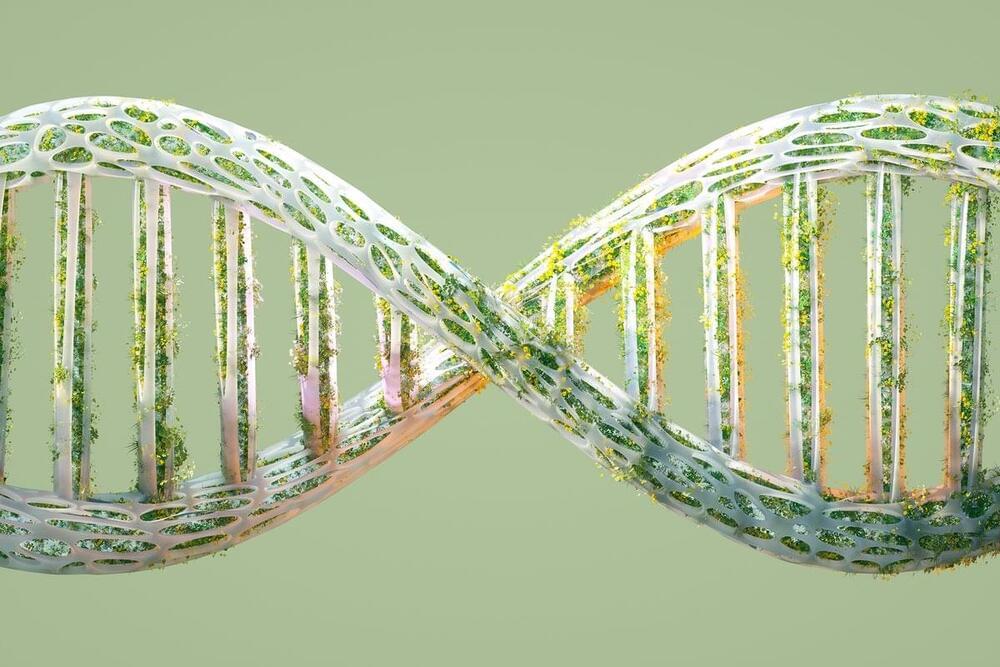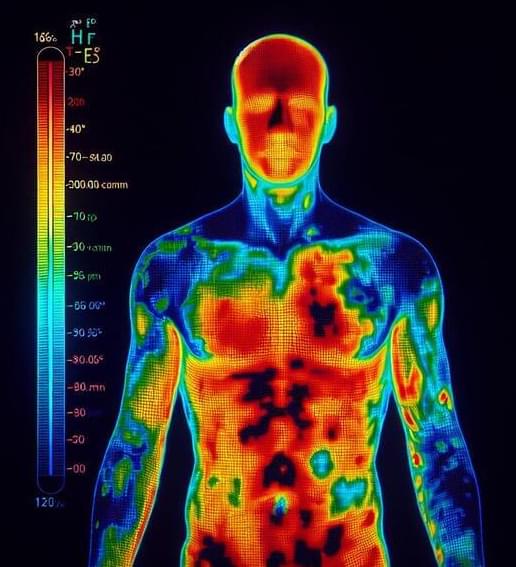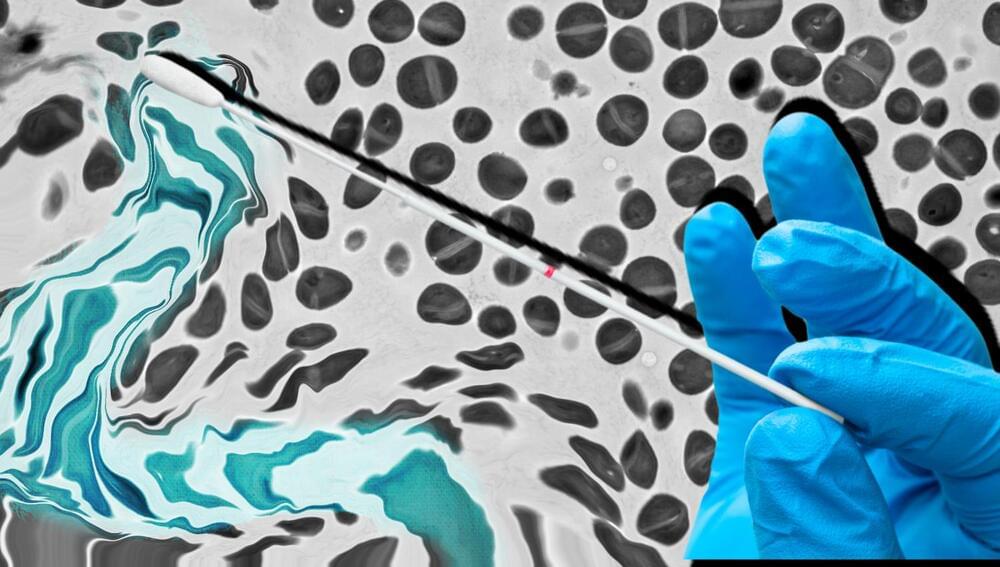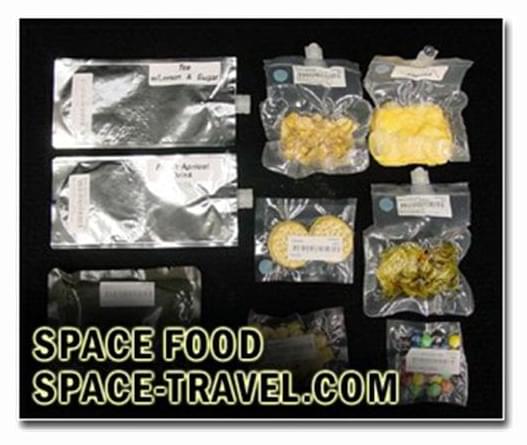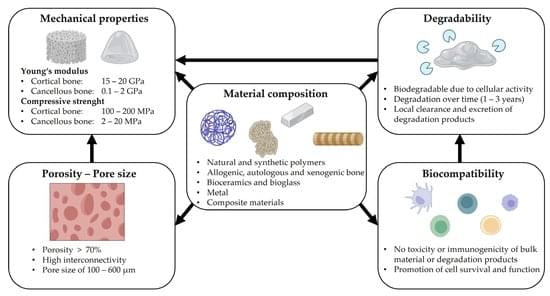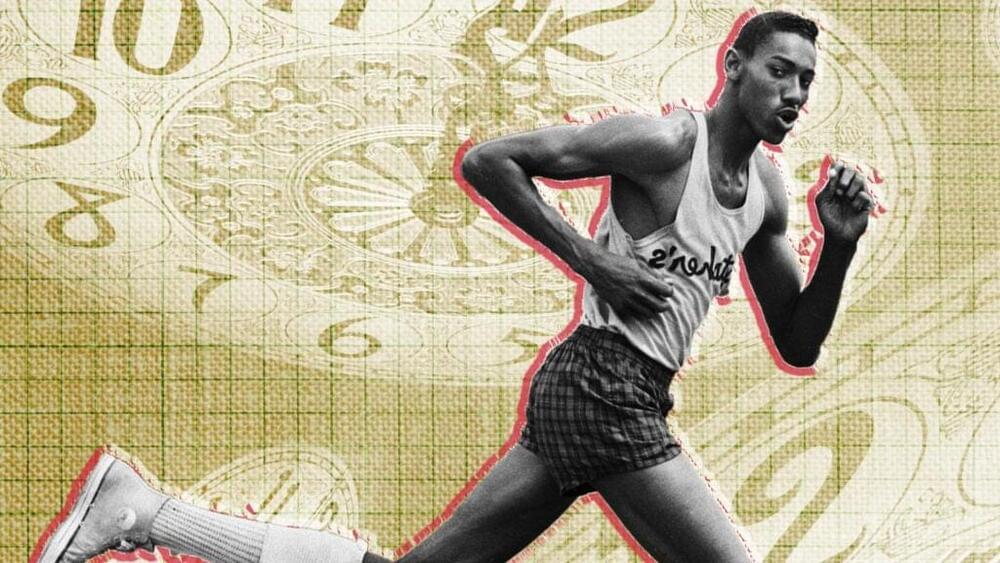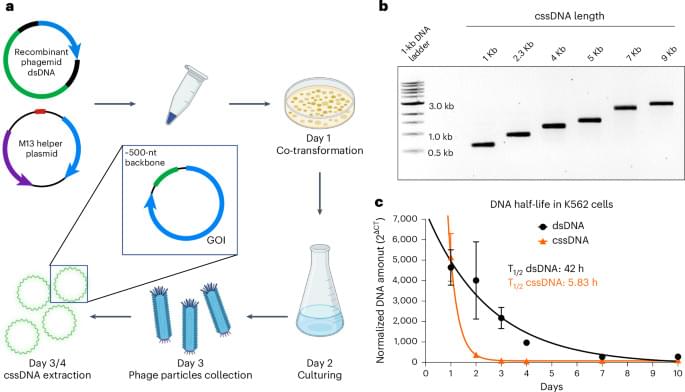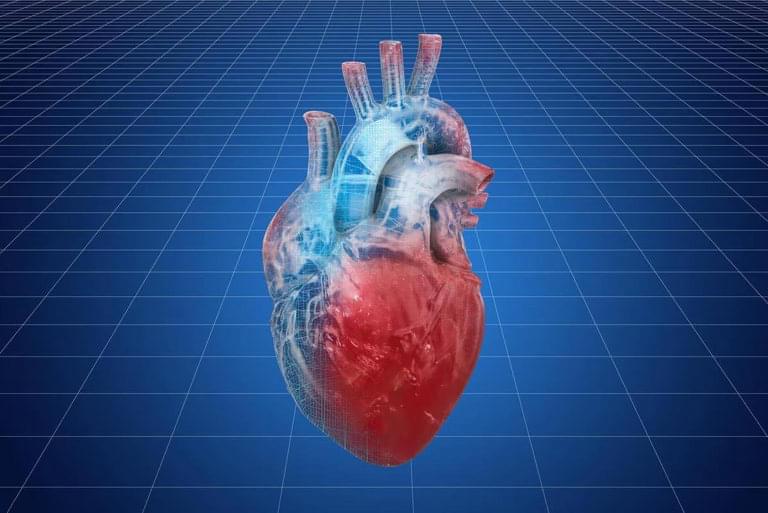Dec 19, 2024
Proof-of-concept study bioengineers therapeutics for improved cancer treatment
Posted by Saúl Morales Rodriguéz in categories: bioengineering, biotech/medical
A team of Children’s Medical Research Institute (CMRI) scientists has identified a new method for producing a therapeutic product that has the potential to improve the treatment of cancer.
The work by Associate Professor Leszek Lisowski and his Translational Vectorology Research Unit is published in the journal Molecular Therapy.
Chimeric antigen receptor (CAR) T cells, also known as CAR T therapies, are a relatively new form of treatment showing very exciting results for several types of cancer. While initially validated for the treatment of B cell malignancies, especially acute lymphoblastic leukemia (ALL), the technology has also shown promise for other cancer types, including solid tumors.
